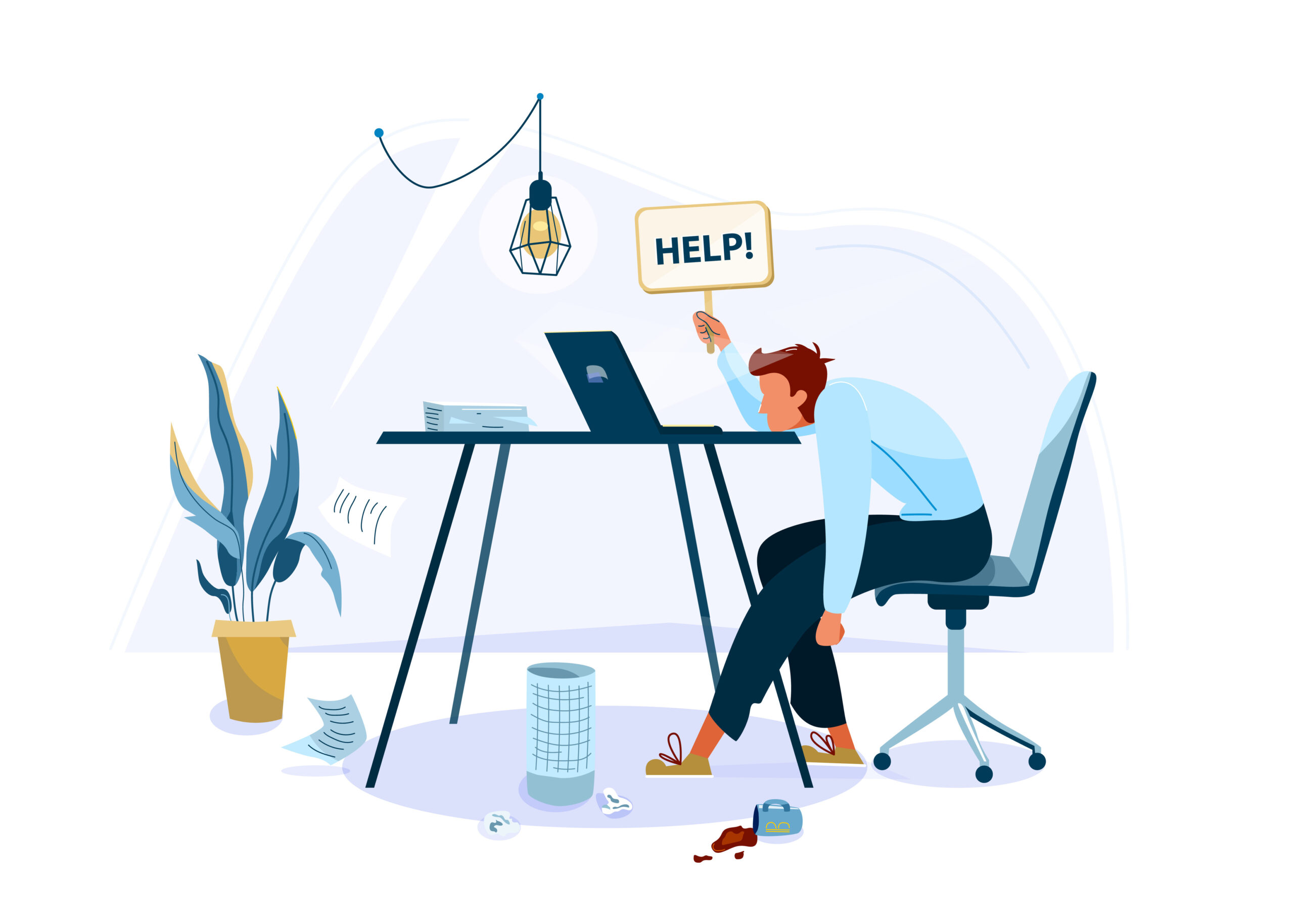
What You Can Do If Your Job Is Affecting Your Health
Feeling like your work life is getting the best of you? If so, you’re not alone. According to a study released in late 2022, more than half of American workers are experiencing at least moderate levels of burnout. But what exactly is work burnout? How do you know if you have it? And what should you do about it if you do?
What is work burnout?
Although not an official medical diagnosis, work burnout is a reaction to constant stressors at work that cause you to feel emotionally, mentally and physically exhausted and unhappy. Burnout may make you less productive, give you a reduced sense of accomplishment and even make you feel a loss of personal identity.
What are the signs of work burnout?
Coming home and feeling tired, stressed or angry on occasion does not constitute work burnout. But if you have these signs on a regular basis, it may be an indicator that you are experiencing work burnout:
- Feeling like every day is a bad day at work
- Being cynical, irritable, critical or impatient at work
- Having difficulty starting your day or tackling projects
- Lacking the energy to get things done
- Feeling unproductive or like you can never do enough
- Finding it hard to concentrate
- Feeling unappreciated
- Not feeling satisfaction or fulfillment from your job
- Not wanting to go to work
- Feeling disconnected, lacking emotion or being uninterested in your work
- Noticing changes in your sleeping or eating habits
- Turning to alcohol or drugs to help you feel better or forget about work
- Experiencing unexplained physical ailments, such as headaches or stomachaches
What can you do if you think you’re experiencing work burnout?
Here are some tips to help you feel better and avoid continued burnout:
- Focus on the good stuff. Think about the parts of your job you enjoy and that provide value.
- Take time off. Vacation and personal days should be used and give you a chance to recharge and refocus.
- Learn to say no. This will help you regain control and will allow you to better balance your workload.
- Open up to confidants. Tell people you’re close with how you’re feeling and discuss what you can do to feel better.
- Talk to co-workers. Getting to know your co-workers helps break up the monotony of the day, but stay away from negative people who can bring you down.
- Take five. When you feel things getting the best of you at work, take a few minutes to go for a walk, meditate or practice some deep breathing.
- Remember your value. There’s so much more to your life and who you are than what goes on in the office—work doesn’t define you.
- Enjoy non-work time. Spend time relaxing, socializing, having fun and enjoying hobbies when the work day is done.
- Practice self-care. Learn to put yourself first and take care of your physical and mental health.
Copyright 2023 © Baldwin Publishing, Inc. Health eCooks™ is a designated trademark of Baldwin Publishing, Inc. Cook eKitchen™ is a designated trademark of Baldwin Publishing, Inc. Any duplication or distribution of the information contained herein without the express approval of Baldwin Publishing, Inc. is strictly prohibited.
Date Last Reviewed: May 18, 2023
Editorial Review: Andrea Cohen, Editorial Director, Baldwin Publishing, Inc. Contact Editor
Medical Review: Perry Pitkow, MD
Learn more about Baldwin Publishing Inc. editorial policy, privacy policy, ADA compliance and sponsorship policy.
No information provided by Baldwin Publishing, Inc. in any article is a substitute for medical advice or treatment for any medical condition. Baldwin Publishing, Inc. strongly suggests that you use this information in consultation with your doctor or other health professional. Use or viewing of any Baldwin Publishing, Inc. article signifies your understanding and agreement to the disclaimer and acceptance of these terms of use.